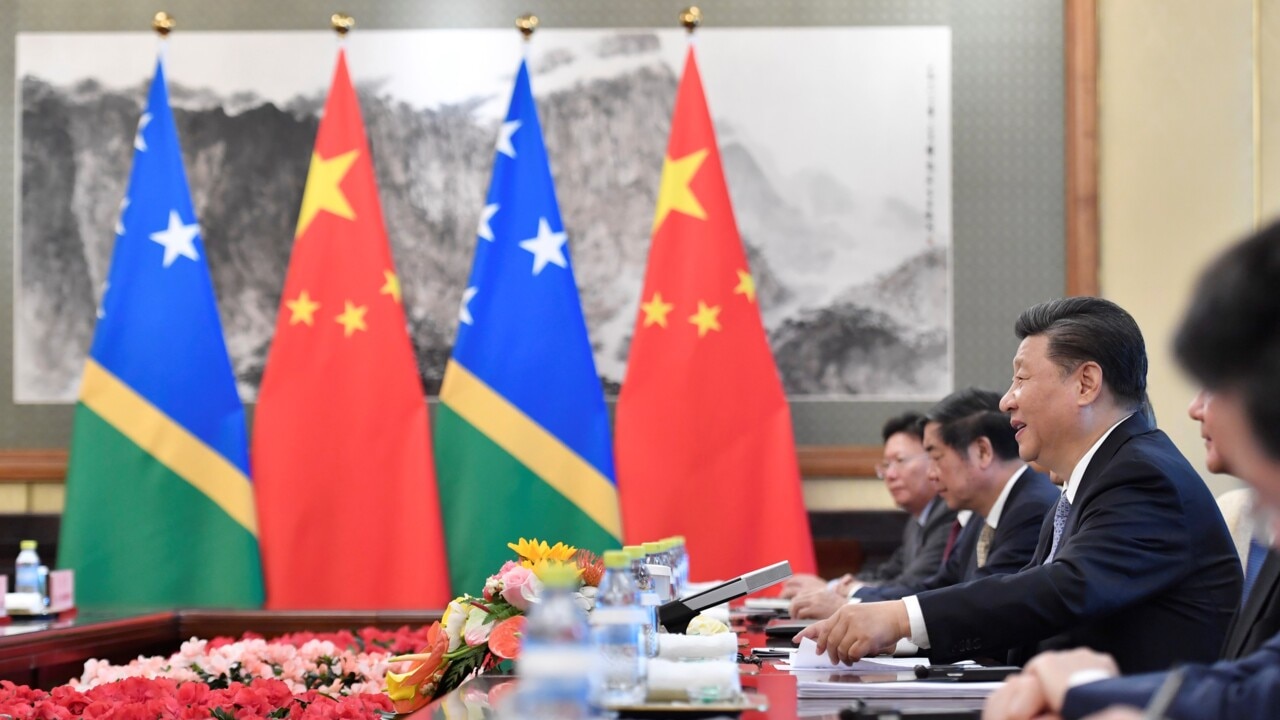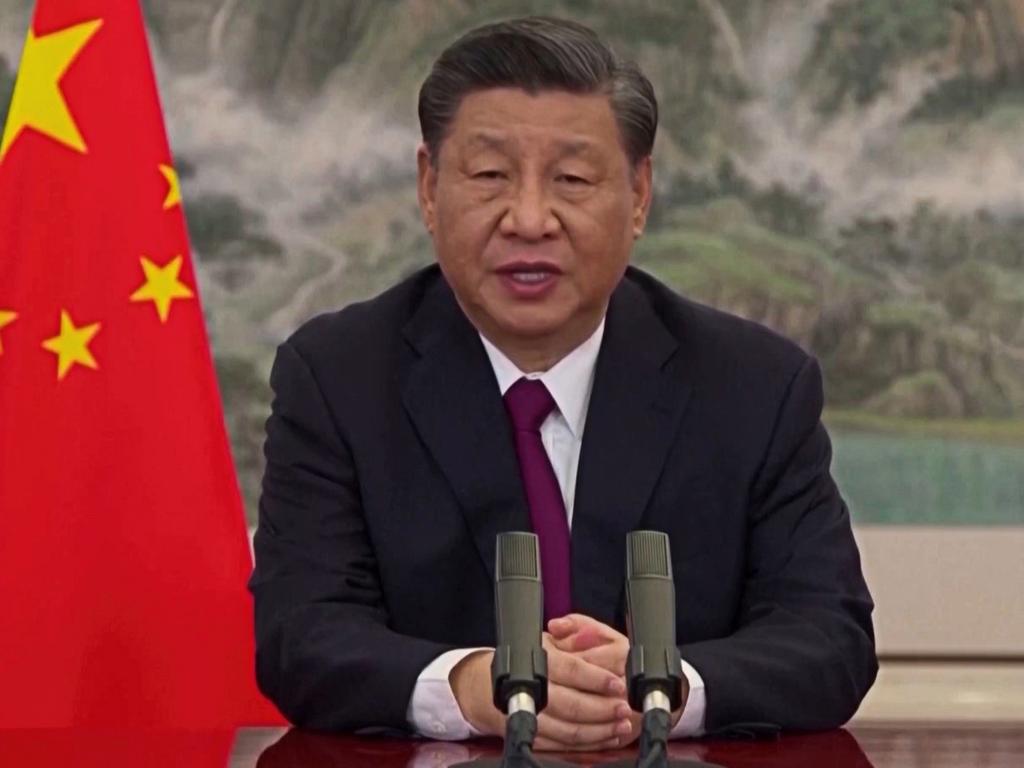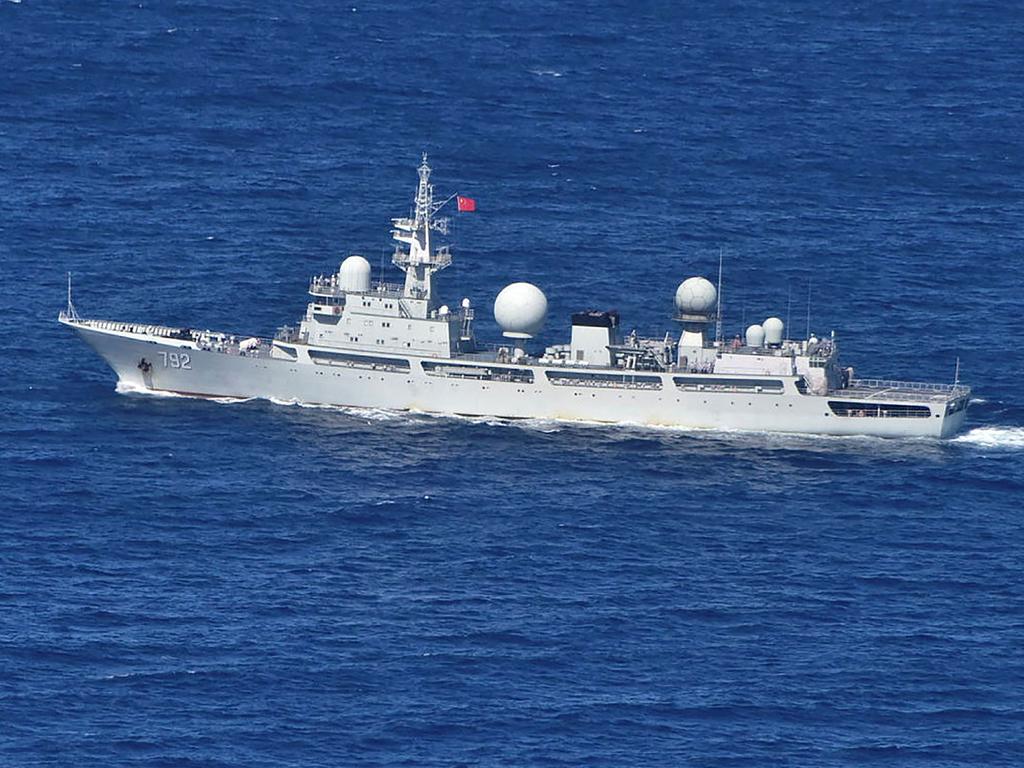Pacific Island nations fail to reach consensus on China security deal
World leaders are reacting to the news Beijing will shelve its proposal for a Pacific regional agreement after weeks of building tension.

The President of Palau has applauded his Pacific neighbours after China’s Ambassador confirmed China will shelve its proposal for a Pacific regional agreement after weeks of tension from the West over the superpower’s regional diplomatic blitz.
Chinese officials say there is “general support” for the superpower’s presence in the Pacific but local leaders have expressed concerns about “specific issues”.
Palau President Surangel Whipps, Jr. told ABC Radio’s Andy Park that Pacific leaders shared concerns of the potential for another “World War II” and didn’t “want to be put in a situation like that again”.
“We want to have peace and security in the region, and we don’t want to go through what we went through in World War II, so when we see these kinds of activities it does raise a concern for us,” he said.
“We’re small countries, and we want to live in a free and open Indo-Pacific where there is a respect for rule of law.
“I thank the other fellow Pacific Island leaders for standing up and doing what they feel is right, most importantly for their people.”
The deal, he said, was a “concern we all had, because we lived through World War II and we didn’t want that to be the case again, that we’d be jostling these islands for security interests, to create a Cold War atmosphere out here”.
Chinese Foreign Minister Wang Yi held talks with leaders and top officials from the Pacific Islands on Monday but failed to come to full agreement. According to the ABC, the security deal failed to reach consensus support from all 10 island nations.
“Geopolitical point scoring means less than little to anyone whose community is slipping beneath the rising seas, whose job has been lost to a pandemic,” Fiji Prime Minister Frank Bainimarama said at the summit.
President of East Timor Jose Ramos-Horta described the geopolitical push as a “wake-up call”.
“The islands in the Pacific have learnt how to play superpower rivalry to their benefit,” he said via The Times.
Members attending the virtual summit were expected to discuss leaked proposals for China to radically increase its involvement in the security, economy and politics of the South Pacific.
The secret deal would reportedly allow China to train local police, become involved in cybersecurity, expand political ties, conduct sensitive marine mapping and gain greater access to natural resources on land and in the water.
As an enticement, Beijing is offering millions of dollars in financial assistance, a draft free trade agreement and access to China’s vast market of 1.4 billion people.
Ahead of the meeting, President Xi Jinping sent a message that China would be “a good brother” to the region and that they shared a “common destiny”, according to state broadcaster CCTV.
Only Pacific nations that recognise China over Taiwan attended today’s summit, including those Wang has already visited on his regional tour — Solomon Islands, Kiribati, Samoa and Fiji.
Stream more world news live & on demand with Flash. 25+ news channels in 1 place. New to Flash? Try 1 month free. Offer ends 31 October, 2022 >

The proposal comes as Beijing jostles with Washington and its allies over influence in the strategically vital Pacific.
Analysts say the deal is unlikely to be unanimously approved by Pacific Island leaders today.
A recent security deal between the Solomon Islands and China caused deep unease in a region that is usually more concerned by climate change than superpower politics.
“The Solomons came off as an outlier, there wasn’t a rush of interest,” said Richard Herr, an academic at the University of Tasmania who has decades of experience working in the Pacific Islands.
He predicted the region would be hesitant about “being dragged into geostrategic competition,” he said.
President of the Federated States of Micronesia David Panuelo recently warned other Pacific leaders the deal could cause “the fracturing of regional peace, security, and stability” in the days leading up to the summit..
The president of Palau, a Pacific nation that maintains diplomatic ties with Taiwan, told the ABC on Monday that the region “should be concerned” about the proposed deals.
Western powers have bristled against the deals, with the US State Department warning the Pacific to be wary of “shadowy, vague deals with little transparency” with China.
Australia joined the United States in urging South Pacific nations to criticise China’s attempts to expand its security reach deep into the region, with the country’s new foreign minister warning of the “consequences” of such deals.
But many Pacific nations are also keen to maintain amicable ties with China, balancing relations between Beijing and Washington or playing each off against the other.

So it is far from clear what Pacific Island leaders will tell Wang on Monday or in a series of closed-door meetings around the South Pacific.
“It’s hard to believe that the Chinese foreign minister will come to the region and be told to go home,” said Herr.
“It could be an embarrassment. Every Chinese diplomat in the region will be working on that.”
Wang said Sunday that Beijing was willing to work with other major powers in the Pacific region to help island nations develop.
“China is willing to carry out more tripartite co-operation with other countries, especially countries with traditional influence in the region,” he said when he met with Pacific Islands Forum Secretary General Henry Puna.
He described his Pacific tour as “a trip of peace, friendship and co-operation,” according to a statement by the Chinese foreign ministry.
Wang is expected to remain in Fiji’s capital until at least Tuesday, meeting with the country’s leaders and hosting the second China-Pacific Island Countries Foreign Ministers’ meeting.
The Chinese foreign minister will visit Vanuatu, Papua New Guinea and Tonga — just months after the island nation was devastated by a deadly earthquake and tsunami — to round out his tour.
— with AFP
Read related topics:China




